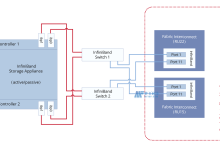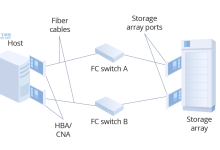linux Ukey, for short, is a powerful and versatile tool for computer users who need to secure their system access. It is one of the most important security measures for enterprises around the world. With Linux Ukey, system administrators can lock down their systems from unauthorized access with a combination of strong passwords, encryption and digital signatures.
Linux Ukey uses a special key file, which is stored in a secure environment and is used to access the system. The key file has a special combination of characters which are stored within the key file. These characters are linked to a particular user and is used to authenticate the system access. In order to make the user authentication process secure, encryption is used. An encrypted one-time password is sent to the user. This encrypted password must match the key file’s contents before access to the system is granted.
When a user attempts to log into the system, the Linux Ukey client will contact the server which is connected to the system, and compare the character strings in the key file with the encrypted one-time password. If the comparison is successful, access to the system is allowed.
In addition to secure access to the system, Linux Ukey provides an extra layer of security using public key infrastructure (PKI). PKI is a set of cryptography technologies, which enable secure and authenticated communication. By using public and private keys, Linux Ukey can provide data and identity security.
Using Linux Ukey, system administrators can also customize their own system access policies. These policies can include limitations on who can access the system and what they can do. Furthermore, administrators can view logs of who has accessed the system and when.
Overall, Linux Ukey is an invaluable tool for system administrators and computer users who require secure access to their systems. With encryption, digital signatures, custom access policies, and authorization logs, Linux Ukey makes it easier for system administrators to protect their systems from unauthorized access.
#!/bin/bash
# Generate a random key
key=$(openssl rand -hex 16)
# Save the key to the system
echo "$key" > /etc/uknow-key
# Lock down the key file
chmod 400 /etc/uknow-key
# Set the key as an environment variable
export UKNOW_KEY=$key
# Create the execute permission file
touch /etc/uknow-exec
# Set the permission file as executable
chmod +x /etc/uknow-exec

 国外主机测评 - 国外VPS,国外服务器,国外云服务器,测评及优惠码
国外主机测评 - 国外VPS,国外服务器,国外云服务器,测评及优惠码












